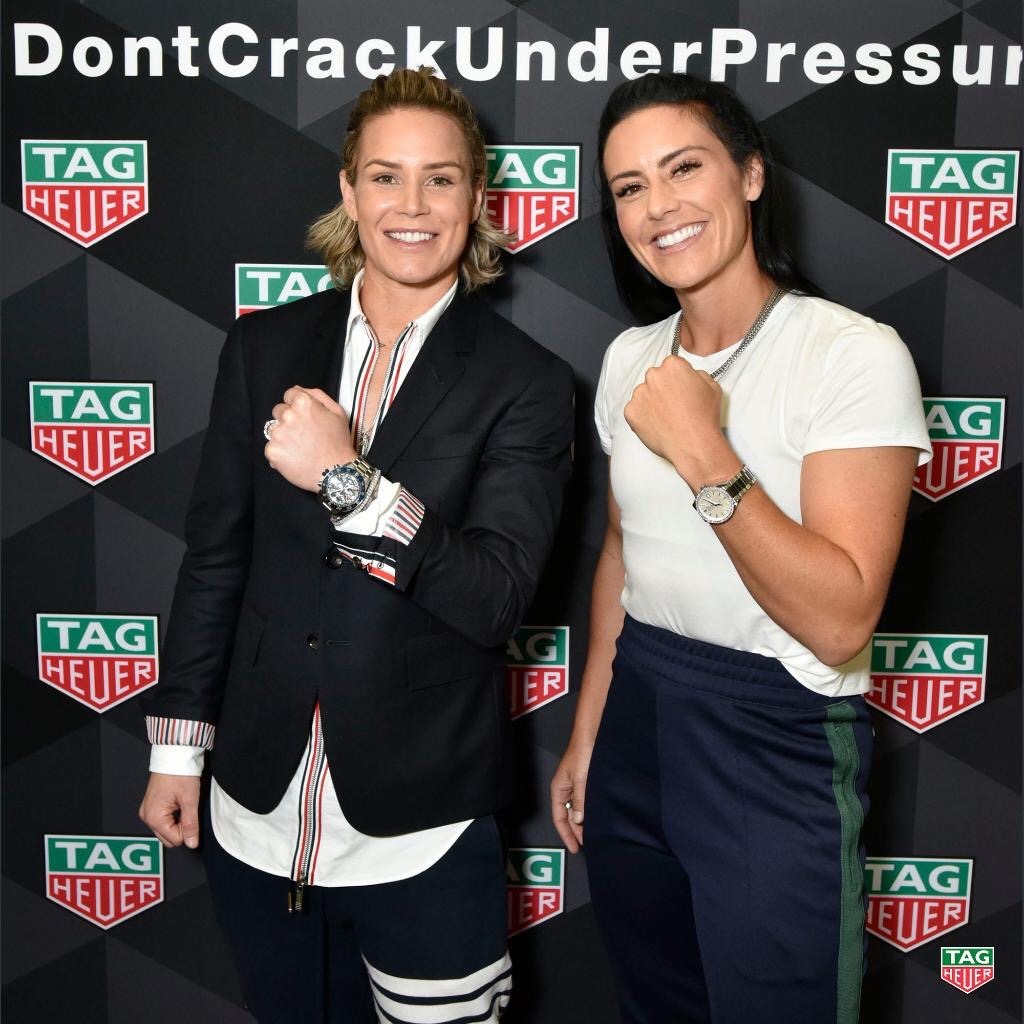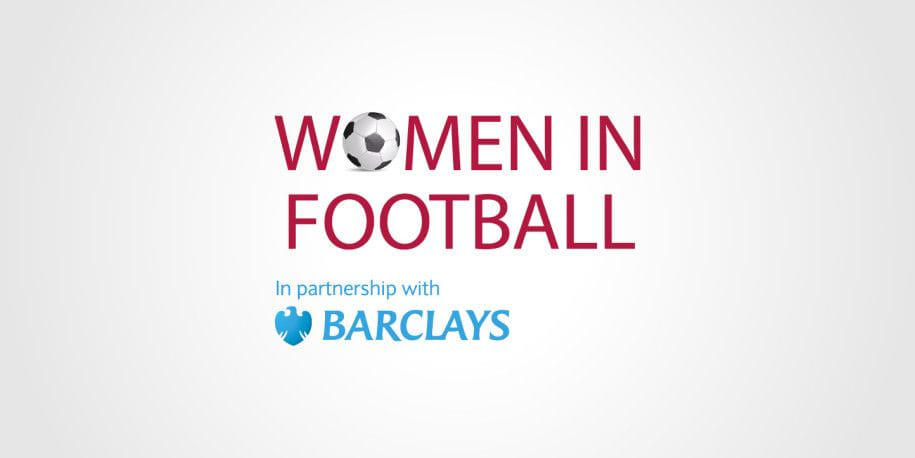Nick D'Innocenzo on sports, success, and equality
 |
| Nick D'Innocenzo. source: The Daily Texan |
Nick D'Innocenzo, three-times Olympic trials qualifier, is a Massachusetts native who is passionate about helping young swimmers develop and achieve new levels. Admired by girls and boys on the team he coaches, Nick has an impressive record of personal achievements: he first qualified for Olympic Trials at the age of 17, brought two golds for team USA at Junior Pan Pacific Games in Guam, broke the National Age Group record - among other things. We caught up with Nick to ask for his perspective on success and equality.
Not her hobby: Do you think
sport casts your character or, rather, you should have the right set of
qualities to become a successful athlete?
Nick D'Innocenzo: I think there are a number of qualities that come through in all successful athletes. The willpower for hard work, the determination and drive to improve and succeed is the first that comes to mind. There are no successful athletes that are not self-motivated. They decide at some point in their life that they want to be successful, and they work hard at what they do because it is what they WANT to do. There are other traits, but I think it's important to remember that athletes are also human. We come in all shapes and sizes and our attitudes and personalities are still diverse. I've met all sorts of athletes in my career, both swimmers and otherwise, and while there are many that are alike, there are just as many who are unique in their own way.
Not her hobby: What made
your greatest race?
Nick D'Innocenzo: My greatest race was at my first Olympic trials in 2008. It was easily the biggest stage I'd ever have the privilege to be on. The CHI Health Center in Omaha, NE seats 17,000 people, the largest crowd I've ever seen at a swim meet. At 17 I was extremely nervous. I'd only just made the cut in the 200 individual medley, my only event for the trials that year. I knew I had just one shot to get the race right and to make matters worse, the 200IM was right at the end of a very long week of events. I'd been waiting 8 days to finally get my chance to compete. At trials you must be in the ready room 30 minutes before you're preliminary heat is scheduled to go off. You sit in the "ready room" waiting for your turn to walk up the steps and out onto the deck in front of the massive crowd. I really can't remember much from those few moments on deck behind the block before my race. I'm sure I was extremely nervous, but looking back, all of my best races were in situations of extreme pressure. I think I just fed off the energy of the atmosphere because I ended up dropping a ridiculous 4 seconds from my previous best time that got me qualified for the event. Keep in mind these were the times where for me as a swimmer, I was fighting to drop half or 3/4 of a second. I'd gone from a time of 2:06 to 2:02, and it was even enough to qualify me for semi-finals. My first Olympic trials appearance and I'd made top-16 in preliminaries, I was dumbfounded. It's actually quite funny looking back because I went back that night to swim in the semi-finals and I swam much worse than I did in the morning. It didn't matter to me at that point, though. I'd far exceeded my expectations for myself, and I was very proud. There really are a number of races that I could talk about here. Some that were on a larger, international competitive level where I placed higher overall. There are others where I can remember great races between myself and other highly skilled swimmers. Or relays where I got to share victory with my teammates. I could go on, but I won't.
Not her hobby: Your sister,
Maggie, has been to Olympic Trials with you. For her as a female athlete,
would you say the journey to the top was similar to yours?
 |
| Maggie D'Innocenzo. source: SwimSwam |
Nick D'Innocenzo: Maggie's journey was similar to mine in that we both had a very fast, meteoric rise through the top tiers of the sport. The difference, however, is that my rise happened right at the end of my high school career, and hers was some years earlier. For me I didn't really break into the top of the national level until the end of my junior year in high school. Maggie was more competitive much younger. This I think was both good and bad. It meant that she had more experience than me at being nationally competitive from a younger age. It also meant that after getting so fast so quickly, she plateaued a bit in the latter years of her high school career. For me, getting very fast very quick late in my high school career meant gaining a lot of positive attention from college recruiters. For Maggie it made college recruiting very stressful, I think. She did not have the same sense of security and confidence that I did in searching for colleges. In the end she ended up picking a school that she would ultimately transfer out of by the end of her sophomore year in college. Where I rode momentum out of high school and into college, Maggie I think fought more hardship in overcoming high expectations.
Not her hobby: With
International Swimming League on the scene, do you think swimming is ahead
of other sports in terms of equal opportunities for men and women?
Nick D'Innocenzo: I think the sport of swimming lends itself quite well to both men's and women's competition over many other sports. I think this has been the case long before the arrival of the International Swimming League. If anything the International Swimming League has taken what has existed in the sport for a long time and brought it to a bigger stage. There are many sports where women's leagues hardly exist at all, let alone receive much attention. American Football is one that comes to mind. I think Basketball and Baseball are examples of this as well. While the WNBA and Softball do exist, they're far lower profile on the national and international stage than their male league counterparts. I think with the exception of high school leagues and NCAA, Swimming competitions have always held both men's and women's competitions at the same event. In this respect I think it is ahead of the other sports I mentioned. There are other sports, however, like track & field and soccer (or European/International Football) that also do a good job of promoting women's competition as well as men's.
Not her hobby: High school
years have the highest rates of dropouts from sports, especially for
girls. What advice would you give someone who is in doubt?
Nick D'Innocenzo: For a high school athlete, I think it's an important time to take a hard look at what you've done so far in your sport. If you've been successful, why? What has made you successful? Can you continue to improve that recipe for success to further yourself in your sport? If you can come up with answers with relative ease, I think you're probably someone who is keen on their sport and will continue to pursue it. If you've lacked success, I think it's important to be honest with yourself in understanding why you've been unsuccessful. I think a lot of times high school athletes do a sport because they have always done it, they've never critically examined why they do it. For these kids, I think sometimes without this examination, they lack self-motivation. If a high school kid is having doubt about their sport, I think that means they're overdue for a hard look in the mirror. They must ask themselves why they do it, and be honest with their answer. I think it's also important to mention here that sometimes people end up doing a sport for so long without thinking about it that they don't realize they really don't like it at all. I think at a young age it's hard to make the decision to give up on something that has always been a part of your identity, but I think it's better to decide to do something you like doing rather than continue doing something you've always done without thinking about it. People change jobs and career paths all the time, there is nothing wrong with deciding to pursue other things, especially if you'll be more passionate about pursuing something else.
***
We thank Nick for his time and honest answers to our questions!





















